Nervous System Health
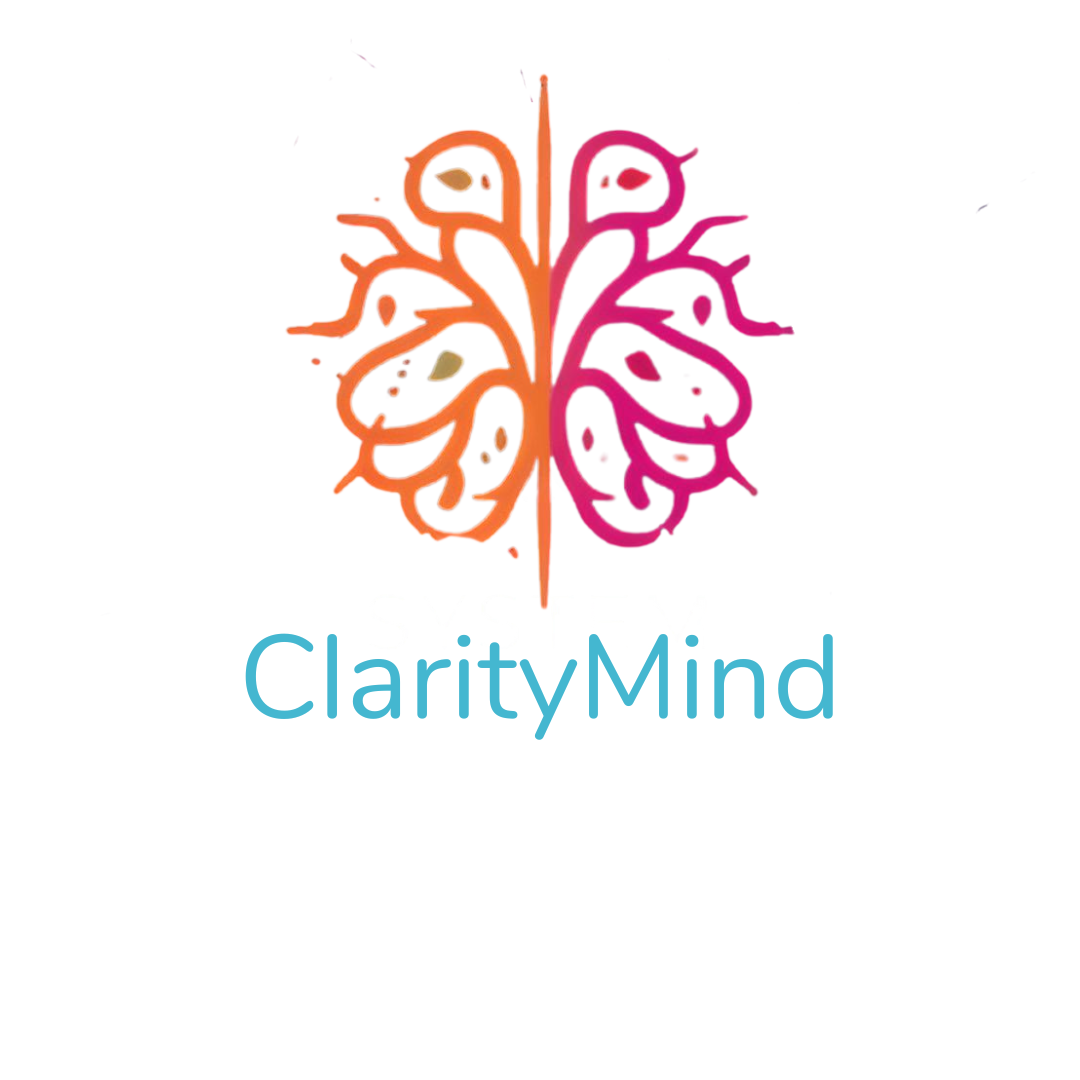
How Neurology Diagnostic Procedures In The Cayman Islands Are Revolutionizing Patient Care
Neurology diagnostic procedures in the Cayman Islands are transforming patient care and revolutionizing the field of neurology. With advancements in technology and a dedicated team of specialists, these procedures offer accurate and timely diagnoses,...
Read more →
Can the nervous system repair itself?
In recent years, various medical interventions have been developed to address nervous system injuries. These interventions often aim to minimize damage, promote healing, and restore functionality. Techniques such as surgical decompression, which alle...
Read more →
What does a damaged nervous system feel like?
The management of nervous system damage encompasses a variety of medical and therapeutic approaches tailored to the individual's needs. Medications play a crucial role in alleviating symptoms and managing conditions associated with nerve damage. Pain...
Read more →
How do I test my nervous system?
Magnetic resonance imaging is a powerful tool widely used in evaluating the nervous system. It provides detailed images of the brain and spinal cord, allowing healthcare professionals to identify abnormalities such as tumors, inflammation, or structu...
Read more →
What disease attacks the nervous system?
An autoimmune disorder, often triggered by infection, leads to the inflammation of peripheral nerves. This condition can result in muscle weakness and, in severe cases, paralysis. Symptoms typically begin with tingling or weakness in the legs, which ...
Read more →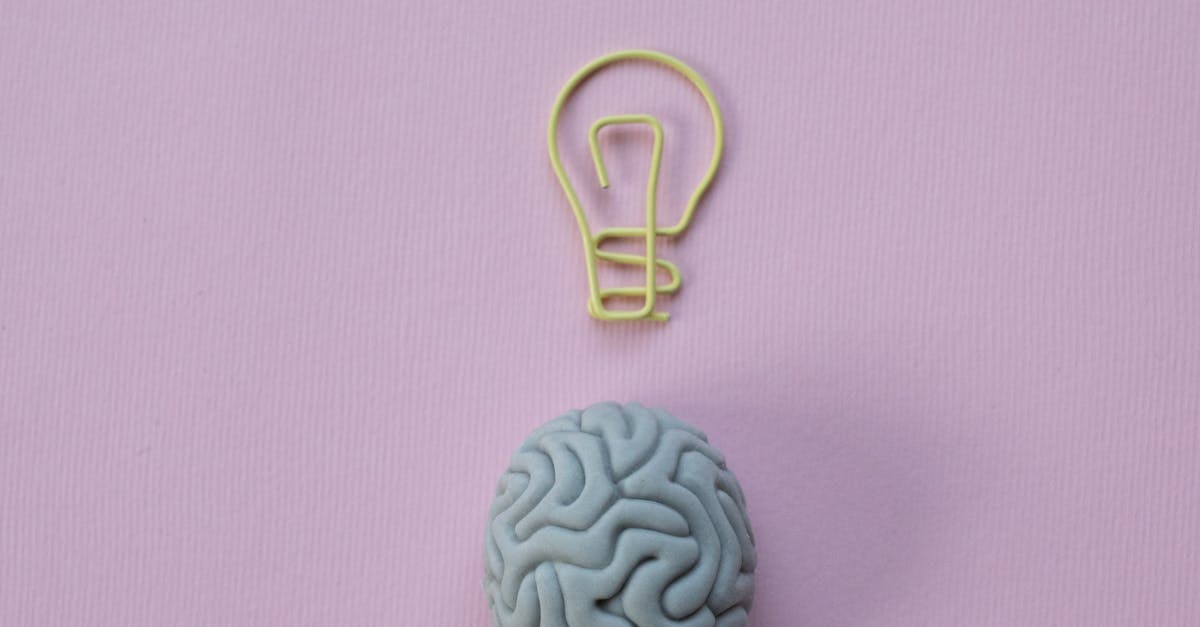
What is the main organ of the nervous system?
The brain is surrounded by several protective structures that ensure its functionality and integrity. The skull, a hard bony structure, forms a physical barrier against external impact. Additionally, the brain is encased in three layers of membranes ...
Read more →
What happens when the nervous system is damaged?
The treatment of nervous system damage often requires a multifaceted approach tailored to the specific condition and individual needs. Medications play a significant role in managing symptoms associated with nerve injuries or disorders. These may inc...
Read more →
What is the main function of the nervous cell?
Nervous cell repair and regeneration is a critical process that determines the functionality of the nervous system after injury. Peripheral nervous system neurons possess a remarkable ability to regrow, aided by factors released by Schwann cells. The...
Read more →
What are the three main things in the nervous system?
Connections between neurons occur at synapses, where electrical impulses are transformed into chemical signals. These specialized junctions play a crucial role in enabling communication across the nervous system. When an electrical impulse reaches th...
Read more →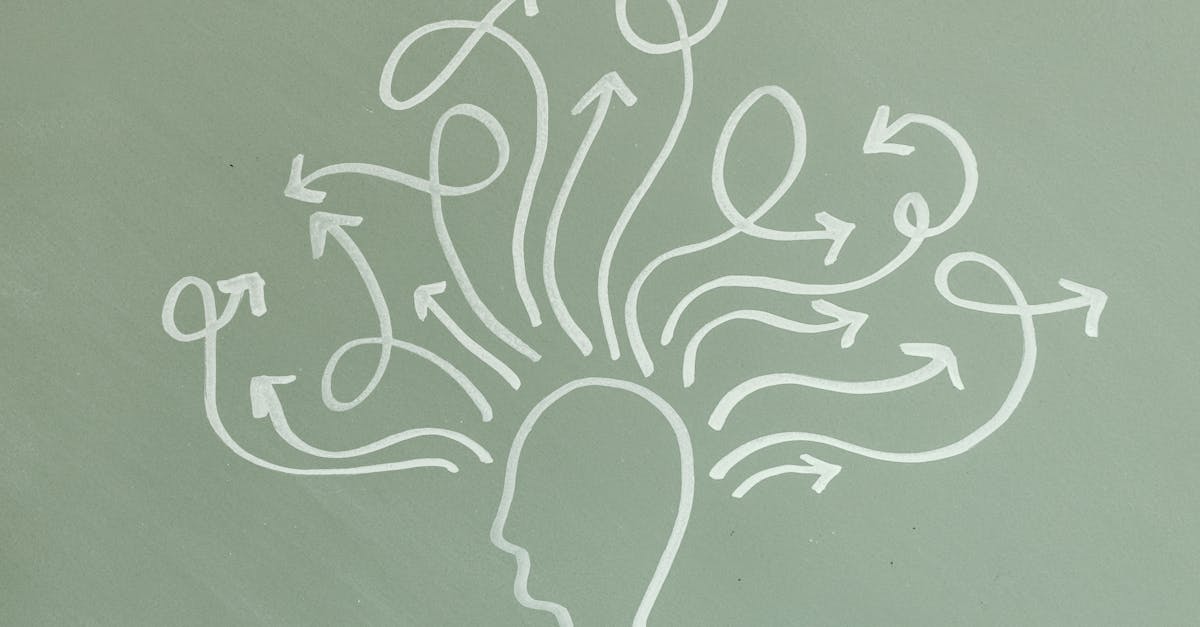
How can I tell if something is wrong with my nervous system?
The nervous system is influenced by various lifestyle factors that can either support or hinder its function. Regular exercise promotes blood flow and enhances the delivery of oxygen and nutrients to nerve tissues. A lack of physical activity, on the...
Read more →
What is the function of a nervous system?
The nervous system plays a crucial role in facilitating motor control, enabling organisms to interact effectively with their environment. By processing sensory information and coordinating muscle activity, it allows for purposeful movements. This com...
Read more →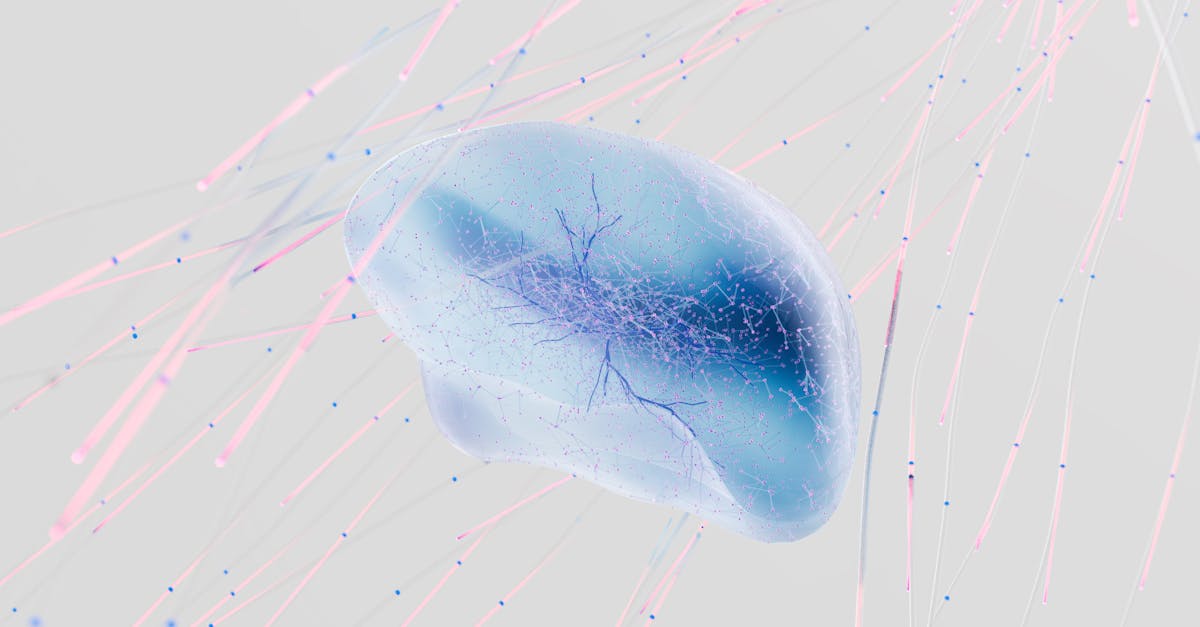
How to spiritually heal the nervous system?
The natural world offers profound healing properties that can benefit mental and emotional well-being. Spending time outdoors, whether in a park, forest, or by the ocean, exposes individuals to elements that can soothe the mind and alleviate stress. ...
Read more →
What are physical signs your body is releasing trauma?
Experiencing shifts in sleep patterns is often a significant indicator of trauma release. Individuals may notice disturbances in their ability to fall asleep, staying asleep, or even in the overall quality of their rest. Nightmares or vivid dreams ca...
Read more →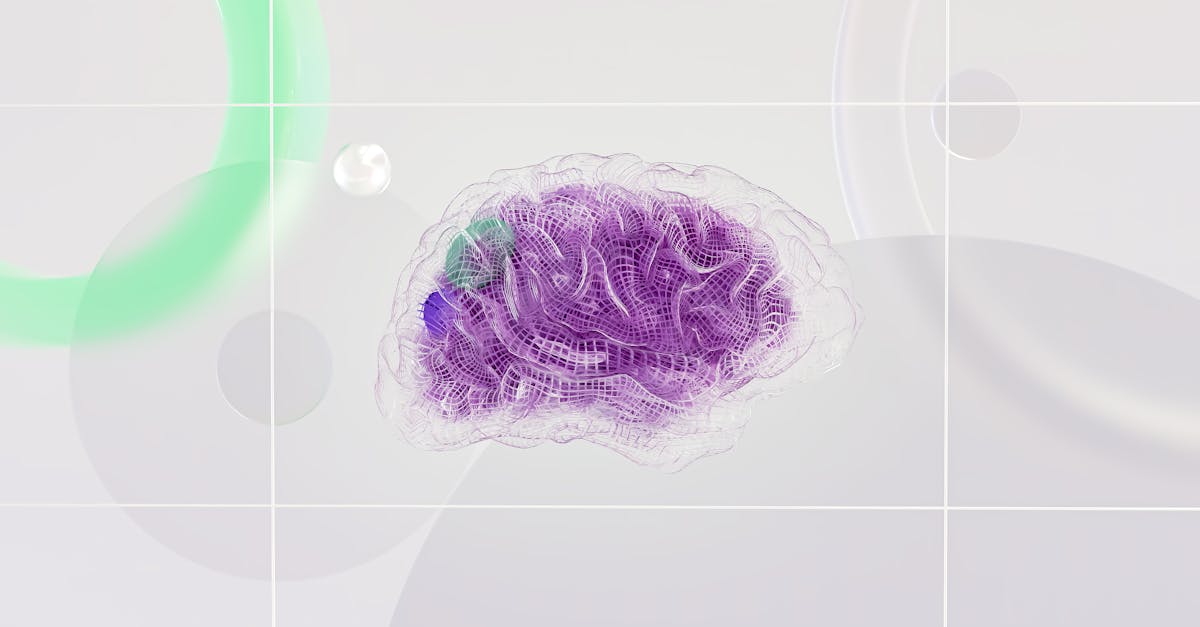
How to tell if something is wrong with your nervous system?
Stress activates the body's fight-or-flight response, leading to a surge in hormones like adrenaline and cortisol. These hormonal changes prepare the body for immediate action, enhancing alertness and energy levels. However, constant activation can l...
Read more →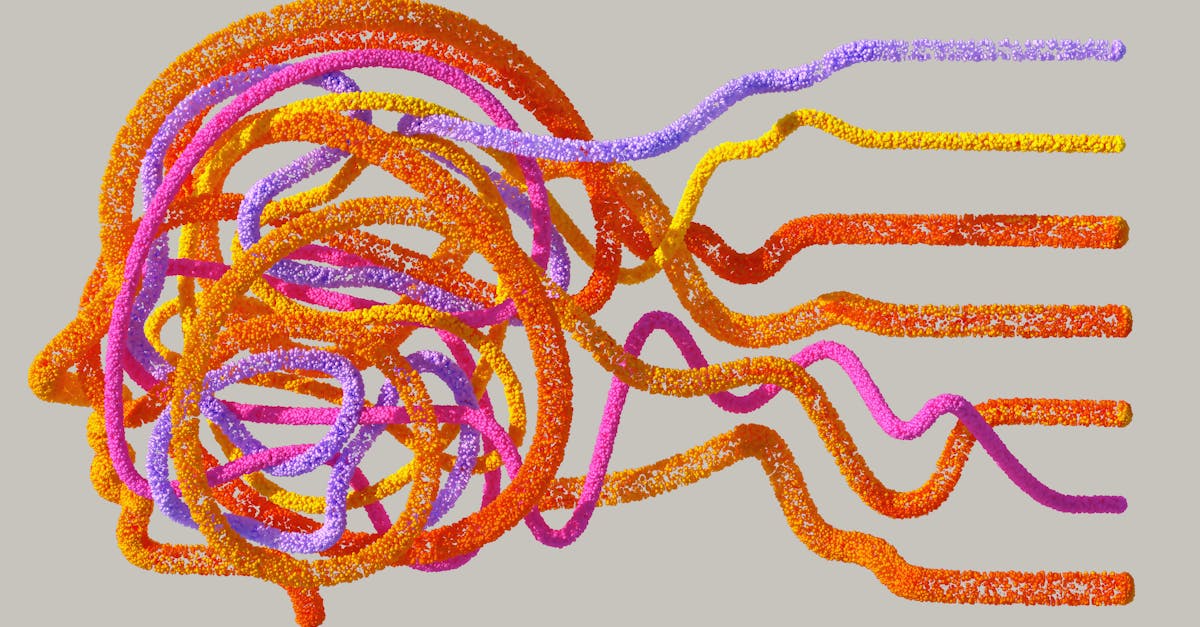
What is the 30 day nervous system reset?
Engaging in physical activities can significantly support the nervous system reset. Activities such as walking, jogging, cycling, or yoga encourage the release of endorphins, promoting a sense of well-being. These exercises also improve blood circula...
Read more →
What exercise is best for the nervous system?
Practicing mindfulness can significantly enhance the health of the nervous system. Focusing on the present moment helps reduce stress and anxiety levels, conditions that can adversely affect nervous system function. Engaging in mindfulness techniques...
Read more →
Which fruit is best for nerves?
These small fruits pack a powerful punch when it comes to supporting nerve health. Rich in antioxidants, berries like blueberries, strawberries, and blackberries help combat oxidative stress. This stress can lead to nerve damage over time, so incorpo...
Read more →
How long does it take to reset your nervous system?
Engaging in regular physical activity plays a crucial role in facilitating the recovery of the nervous system. Exercise promotes the release of endorphins, which can elevate mood and reduce symptoms of stress and anxiety. This biochemical response co...
Read more →
What are the first signs of nerve damage?
Individuals experiencing nerve damage may notice an unusual increase in sensitivity to touch, known as hyperesthesia. This heightened sensitivity can result in discomfort or pain from stimuli that would normally be perceived as harmless. For example,...
Read more →
What vitamins are good for the nervous system?
The importance of vitamin D extends beyond bone health, playing a critical role in maintaining the nervous system. It aids in the synthesis of neurotrophic factors that support the growth and survival of neurons. Deficiency in vitamin D has been link...
Read more →
How to heal a weak nervous system?
Certain herbal remedies have shown promise in supporting nervous system function. Adaptogenic herbs like ashwagandha and rhodiola are believed to help the body adapt to stress and improve energy levels. They may also enhance mood and cognitive perfor...
Read more →
What are 7 foods that may heal nerve damage?
Berries are known for their rich content of antioxidants, which play a crucial role in protecting nerve cells from oxidative stress. Varieties such as blueberries, strawberries, and raspberries are particularly high in flavonoids and vitamin C. These...
Read more →
How do you know your nervous system is healing?
Heightened sensory awareness often manifests as a greater ability to perceive various stimuli in one’s environment. Sounds may seem clearer, colors might appear more vibrant, and textures can feel more pronounced. This amplified perception can lead...
Read more →
How do I fix my nervous system?
Sleep is a fundamental component of overall health, directly influencing the functioning of the nervous system. A good night's rest allows the body to repair itself, while also supporting cognitive processes such as memory consolidation and emotional...
Read more →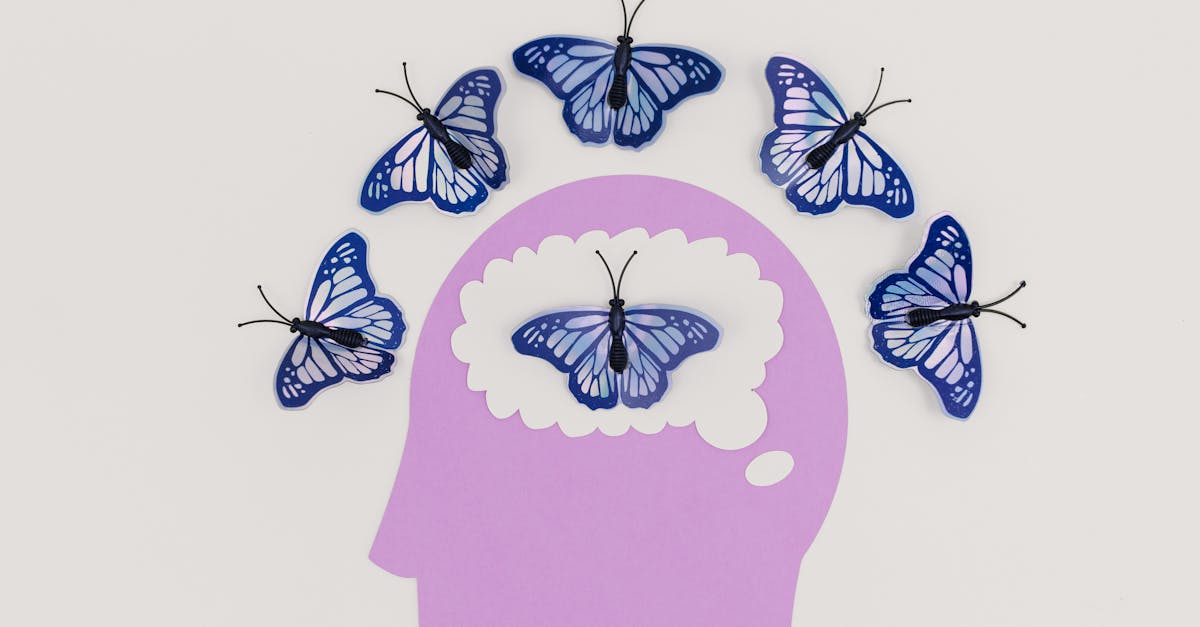
How to treat nervous system dysfunction?
When addressing nervous system dysfunction, medication management often plays a crucial role in treatment. Health care professionals typically assess the patient’s symptoms and medical history to determine the most appropriate pharmacological appro...
Read more →
What are the symptoms of a weak nervous system?
Individuals with a weak nervous system often experience sleep disorders that can significantly impact their overall well-being. Insomnia is commonly reported, characterized by difficulty falling asleep or staying asleep throughout the night. Those af...
Read more →